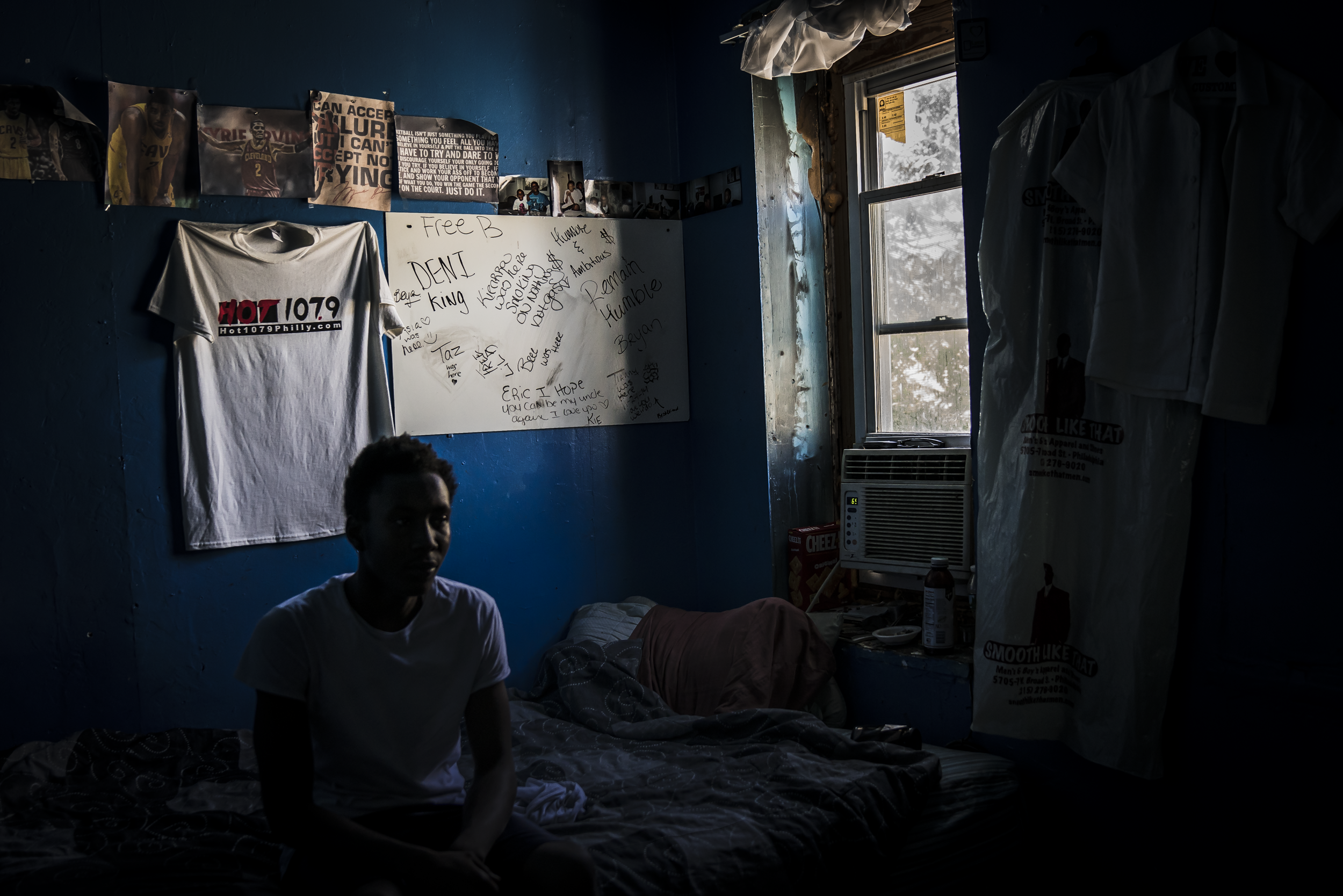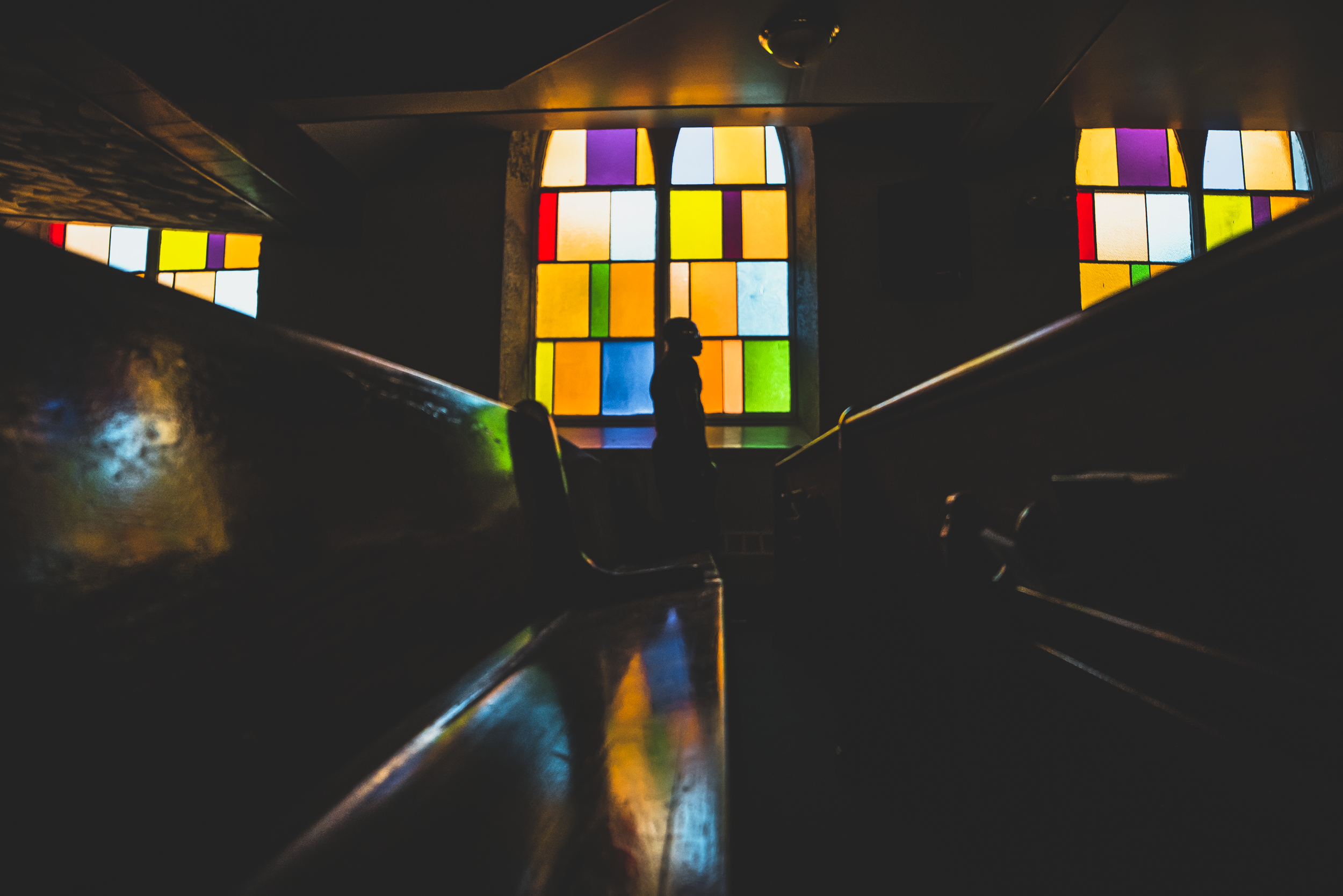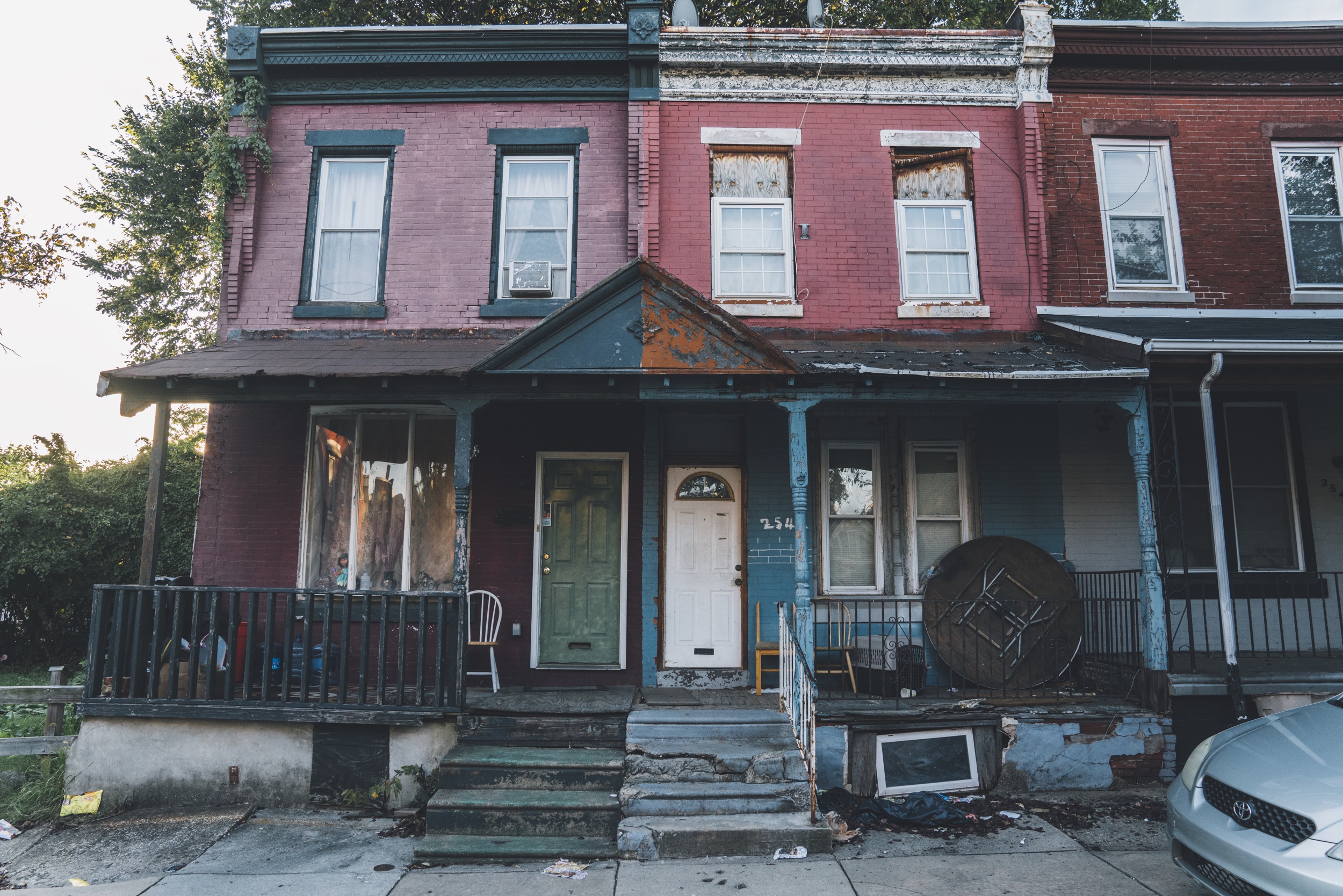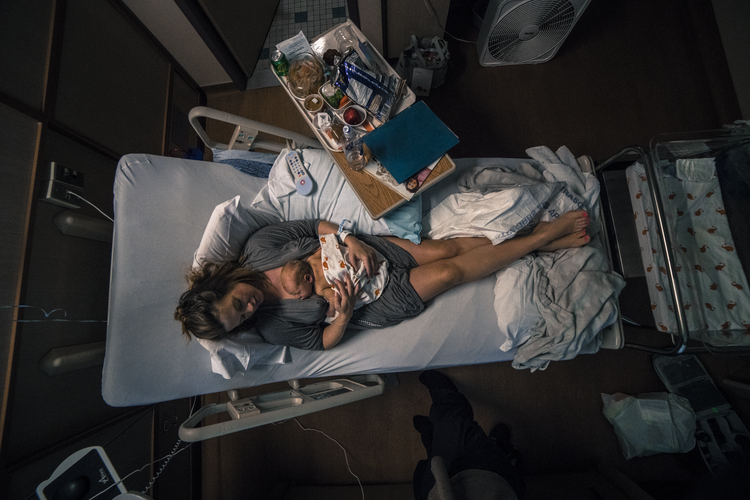I used to be a filmmaker who did not really know how to use a camera and who rarely took a photo. Then, in 2011, I started my own production company. My team at Neighborhood Film Company produces content for brands like Reebok, Universal and Jeep while providing apprenticeship opportunities for formerly incarcerated adults. I was told that to get ahead in this world I needed a visual presence on social media. So I picked up my camera and joined Instagram.
On Instagram, a social media platform for sharing photographs and short videos, I wanted not only to show potential clients that we were a busy and growing enterprise but to show other companies that giving offenders a second chance can be good for the community and for business.
 Mother
Mother
At first, my posts were nothing more than pictures of my team in the office or on set. But my Instagram account soon became a show-and-tell platform. Just as every family on Facebook is happy, every film company on Instagram is successful. The truth, at least in the early days, was that my company’s bank account was hovering above zero, and I was not shooting videos for fancy clients. But you would have never guessed that looking at my carefully curated online persona.
What was real was the anxiety that keeping up with others on social media produced in me. I became obsessed with the numbers. How could I get more likes, more followers, more reach? I started to judge my personal journey against what others were putting online: Look how much better that filmmaker is than me. Look what client they are working for. I am not good enough. Comparison became the thief of my joy.
 “When we can see the image of God where we don’t want to see the image of God, then we see with eyes not our own.” // Richard Rohr
“When we can see the image of God where we don’t want to see the image of God, then we see with eyes not our own.” // Richard Rohr
I even started to feel my creativity wane. Instead of daydreaming when I was waiting in line or stuck in traffic, I would take a quick peek at how my post was performing. I found myself stealing away during dinners to check my phone in the bathroom. I would even check my phone in the middle of group conversations. I was hooked on my device like a drug addict on a needle.
Then, a couple of years ago, I experienced some brutal trauma in my personal life and found myself in a place of deep prayer, reflection and growth. During this time taking photos became a form of retreat to clear my mind. Finding it impossible to write clever, quippy captions for the photos I posted, I decided to just share prayers and thoughts from my reading.

“All art holds the knowledge that we're both living and dying at the same time. It can hold it. And thank God it can, because nothing out in the corporate world is going to shine that back to us, but art holds it.” // Marie Howe
I soon found that my online vulnerability had created a safe home for people to share their own fears or anxieties or failure—the zeroed-out bank accounts in their own lives. Instagram finally felt real to me. I was reminded that on the other end of the account name was a real person with real fears and struggles and hopes and joys.
Through Instagram I met, first online and then in person, people like Erin Brooks, who used photography to work through her postpartum depression. The support she received when she posted pictures of her two baby girls on the platform allowed her to gain a different perspective on motherhood. I met Cole Younger, who used to live on the streets, and now uses Instagram to share photos of people experiencing homelessness—to lift up people he says most of us do not want to remember, to look at, to touch.
 “Poverty is the parent of revolution.”// Aristotle
“Poverty is the parent of revolution.”// Aristotle
I have found that sharing pain with people is often more of an intimate glue than sharing success. Success seems to tear people apart if they are not first committed to each other through shared brokenness. As Christians, we are loved by a limitless God who knows that we are broken and hurting. When we invite others to be free from the bondage of a fake self-image, we make room for the Savior in our own lives and in the relationships we create.
Ultimately, it is the difference between engagement and encounter. Engagement on social media—getting more likes, more comments, more followers—can give a quick boost to your self-worth. But unless the self you share with the world is real, genuine encounter will be beyond your reach.



 Mercy over Judgement
Mercy over Judgement




